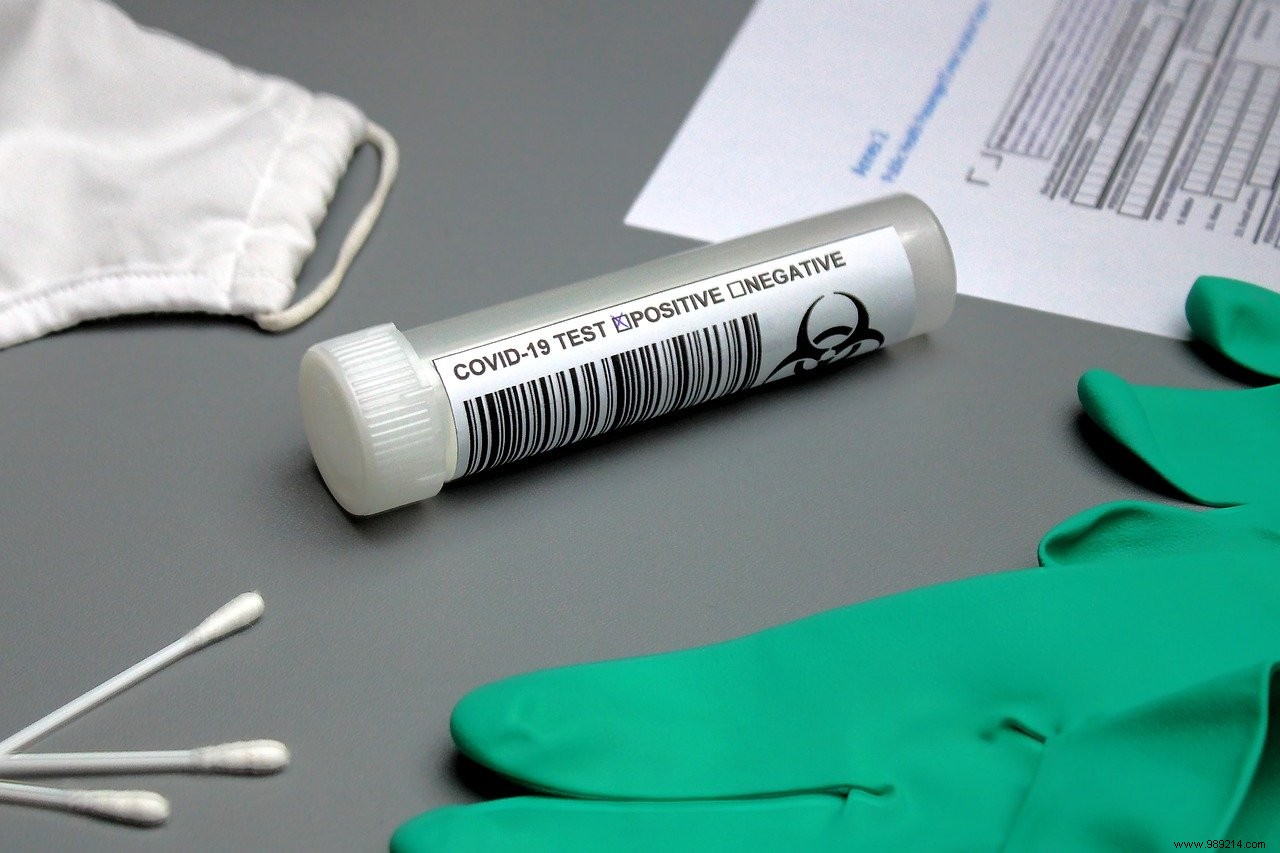A young American has just tested positive for Covid-19 a second time. This is the second confirmed case of reinfection in the world. On the other hand, it is the first involving more severe symptoms than during the first infection.
A few days ago, researchers in Hong Kong announced that they had diagnosed the world's first proven case of reinfection with the novel coronavirus. Unlike the several "false alarms" recorded in recent months which each time implied the presence of "traces of virus not completely eliminated", the researchers assured this time that it was indeed a new infection.
It should be noted that for this first case, the patient developed a milder form of Covid-19 . He was also asymptomatic the second time around. It was a screening test at Hong Kong airport, when he was returning from Spain via the United Kingdom, which led to the diagnosis.
A team of researchers today announced a new case of reinfection. This patient, originally from Nevada (United States), on the other hand, this time developed more serious symptoms during his second infection to the new coronavirus. Published on the Social Science Research Network (SSRN), her case report is being peer-reviewed.

The 25-year-old first tested positive for COVID-19 in mid-April after developing "classic" symptoms of the disease. He suffered from headaches, sore throats, nausea and diarrhea. The patient recovered in about ten days, before being tested negative for the virus twice .
At the end of May, the patient again developed the same symptoms, to which were added fever and dizziness. Within a week, her blood oxygen level had also dropped (hypoxemia). He was therefore hospitalized to receive respiratory assistance, before being again tested positive for the new coronavirus, 48 days after his first infection .
Again, genetic analyzes revealed that these two successive infections were caused by two viruses that had differences in some of their genes, caused by natural mutations. In addition, the researchers point out that the patient does not have any immune disorder predisposing him to develop a reinfection.
As with the first cases of reinfection, these new results suggest that initial exposure to the virus does not necessarily result in 100% protective immunity . Thus, as soon as it becomes available, vaccination could be considered even for people who have already been infected.